About the Council
The PhD-council is the bridge between the PhD-students and the TRAIL-management. We act as an advisory board for the TRAIL-management regarding the TRAIL strategy, the course program and the TRAIL congress. Moreover, we organize PhD activities or social events every now and then for you to socialize or network with your peers.
If you have any questions, suggestions, ideas, problems or complaints, you can contact us in person (or send us an email personally). And don’t forget to become a member of the TRAIL Members group on LinkedIn!
(in alphabetical order)
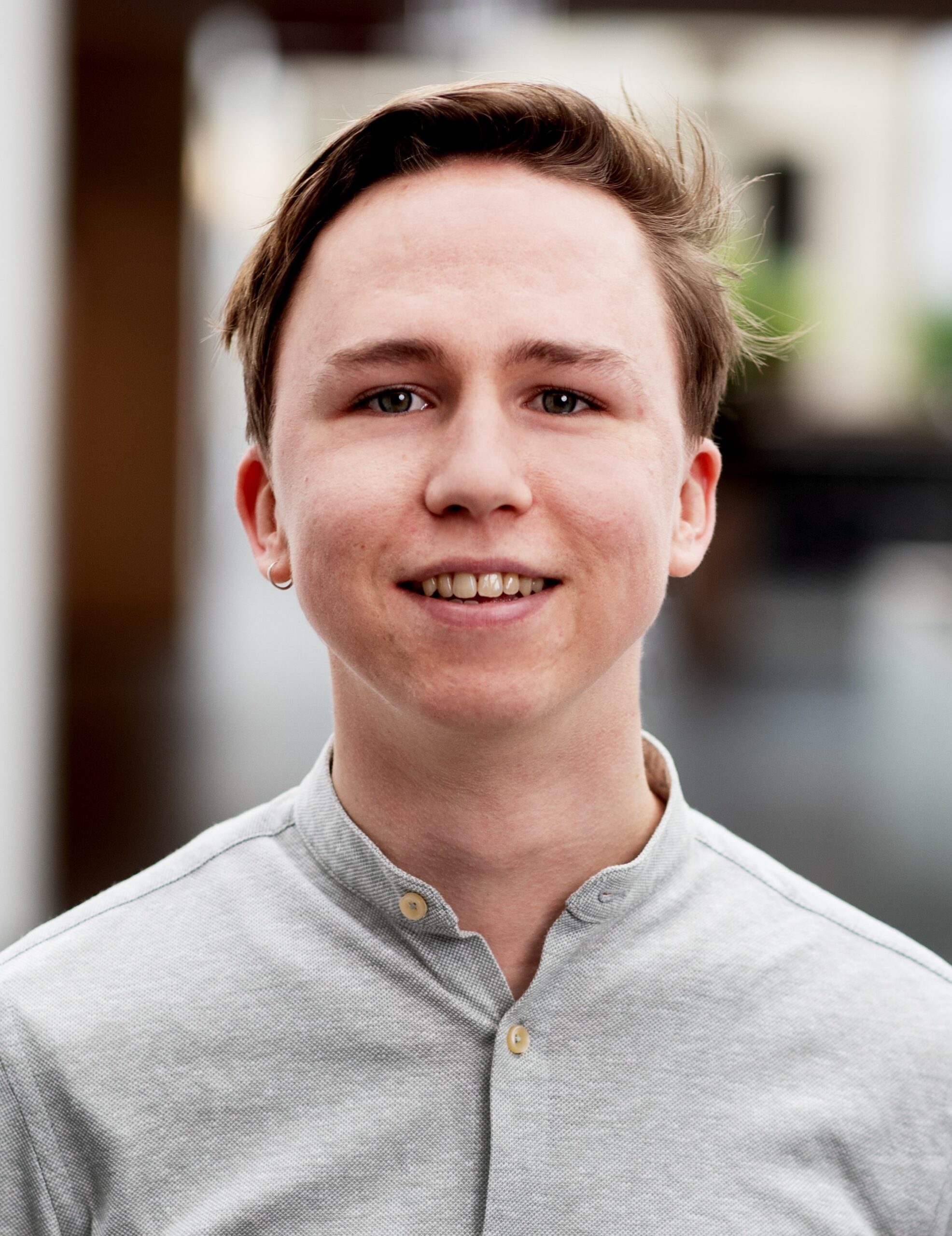
Research topic:
Public and private actors collaborate to develop and implement mobility innovations. But, this process is often perceived as highly uncertain. My research focuses on how governments and businesses collaboratively deal with their experiences of uncertainty. How do multi-actor interactions and experiences affect the introduction of mobility innovations? And what are ways to improve uncertainty competencies and existing governance approaches towards uncertainty? My PhD project is part of the On the Move program, which aims at understanding uncertainties through a systems approach via mapping systems, and designing and modelling interventions based on creative and participative methods. On the Move is a collaboration between Radboud University and TU Delft.
Background and interest:
After being born and raised in Friesland, I started studying Civil Engineering at the University of Twente. Through completing both a master in Transport Engineering and in Philosophy of Science, Technology and Society, I got interested in understanding decision-making behaviour. In my free time I like to garden, visit museums, and (race)cycle.
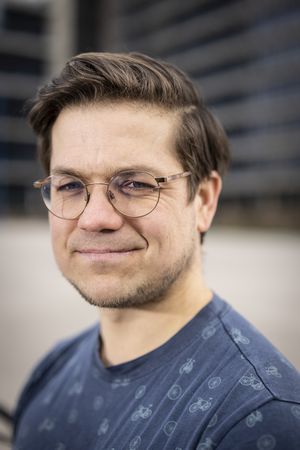
Research Topic:
My research helps to make cycling safer and more attractive. My topic is about using data from wearable sensors in evaluations of “smart cycling technologies”. Analogous to Advanced Driver Assistance Systems for cars, such technologies for cyclists are increasingly prevalent and impactful. It is therefore important whether they really improve subjective experiences of bicycle rides. That is important, because emotions, perceptions, feelings etc. while cycling are crucial factors that influence travel behavior and wellbeing. Enjoyable and social experiences motivate individuals to cycle more frequently and for longer distances while feelings of unsafety discourage people from cycling. The use of wearable sensors on the human body has increasing potential for complementing data from more traditional methods like surveys and interviews. These sensors can provide continuous, objective, and real-time data. Therefore, in my research I develop, apply, and test a method for using data from for example smart watches and chest belts in evaluations of the impact of smart cycling technologies on cycling experience. These evaluations can inform the design of future technologies, which in turn can help to unlock the abundant benefits of cycling. Results so far include a conceptual framework for evaluations, an empirical study about effects of e-bike motor support adaptation on psychological flow during cycling, and an award-winning study about an infrared imaging technique to measure emotions while cycling.
Background and interests:
I am born and raised in The Netherlands. Already from childhood I loved 2 things: bicycle rides and playing with digital gadgets. I am happy that I can now combine both hobbies in my work. I have an interdisciplinary and international background in user experience, human-computer interaction, internet of things, business administration, and organizational design. For the future I am mainly interested in human-computer integration and team coaching. I’m treasurer for P-Nut, the PhD &EngD Network of the University of Twente. On the personal level, I love nature, hiking, skiing, DIY projects, and music festivals. I live in the Enschede area with my wife and 2 adorable cats.
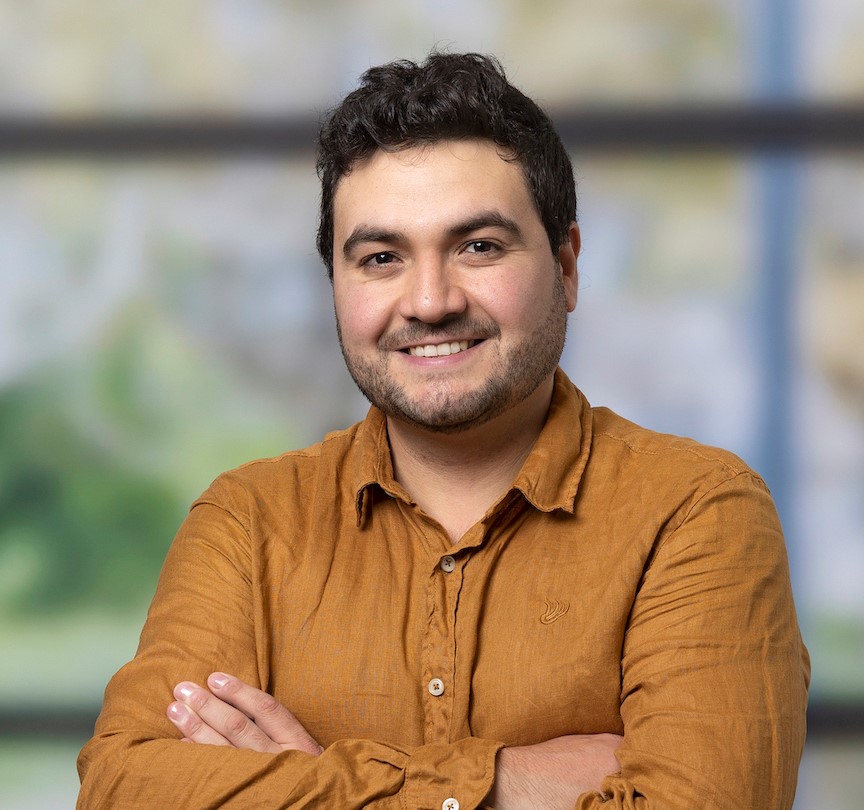
Research Topic:
The visual appearances of urban spaces significantly influences people’s daily activities and routines. Also, Evidence from psychology and sociology highlights the significance of individuals’ emotions and perceptions, such as feelings of safety and aesthetics, when it comes to behaviors on urban spaces. In order to foster sustainable and vibrant cities, it is crucial to explore neighborhoods from various angles, including infrastructure, demographics, and behaviors.
My PhD project aims to deepen our understanding of the relations between the visual urban space, people’s perceptions of it, and human activities within these spaces. Leveraging advanced deep learning techniques, I analyze millions of street-level images to uncover behavioral patterns, neighborhood characteristics, and perceptual insights that can inform and enhance urban planning policies.
Background and interests:
My current interest is in interdisciplinary AI research, taking advantage of new data sources and AI models (e.g., computer vision, NLP) to better understand our cities.
I am a Chilean Ph.D. candidate at CiTyAI Lab of TPM & CEG faculties. I am in the Department of Engineering Systems and Services, section Transport & Logistic. I have a transportation engineering background. I got my B.Sc. and M.Sc. in Pontificia Universidad Católica de Chile (PUC), on predicting routes chosen by users in urban context using Bluetooth technologies. Before starting my Ph.D., I had been working as adjunct instructor at PUC in Computer Science Department and as Researcher at a Research Centre developing models to predict land uses based on accessibilities.
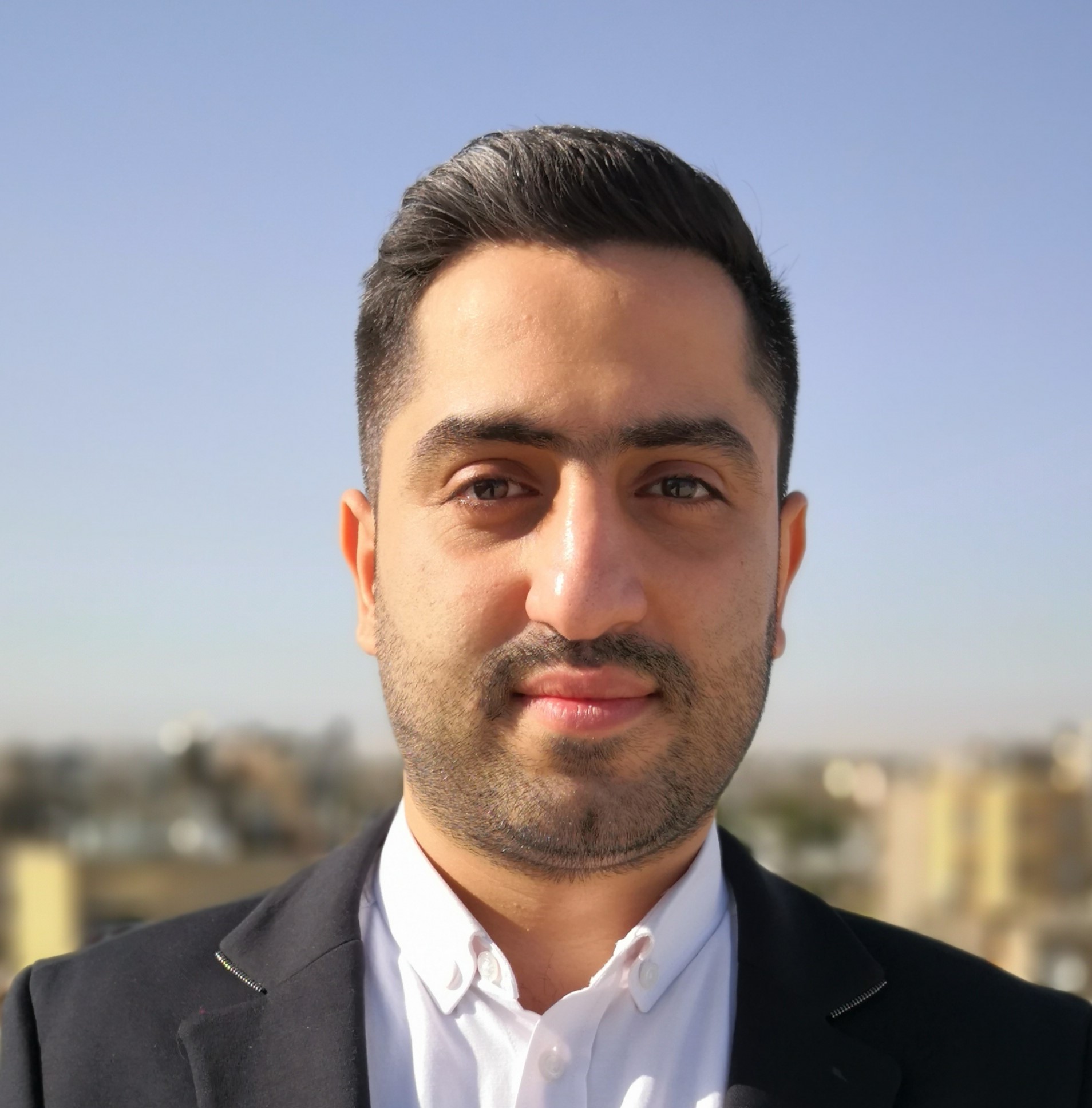
Research topic:
In my Ph.D. project, I study robotized warehouses. Order picking – the process of retrieving products from storage to fulfill a specific customer request – is the most costly operation among others in warehouses. Advances in technologies have created many possibilities for companies to automate various parts of the order picking process. The evolution of automated guided vehicles (AGV) into autonomous mobile robots (AMR) is a major development in technologies that can improve the efficiency of material handling systems. In my Ph.D. project, I focus on systems in which robots collaborate with a human picker to pick the orders and reduce pickers’ unproductive walking time.
Background and interest:
I studied Industrial Engineering (B.Sc. and M.Sc.) at the Ferdowsi University and the Tarbiat Modares University of Iran. I started my Ph.D. in September 2020 at the Rotterdam School of Management. My main research interests are modeling (mathematical or queueing) and optimizing supply chains and material handling systems. In my free time, I play futsal and video games.
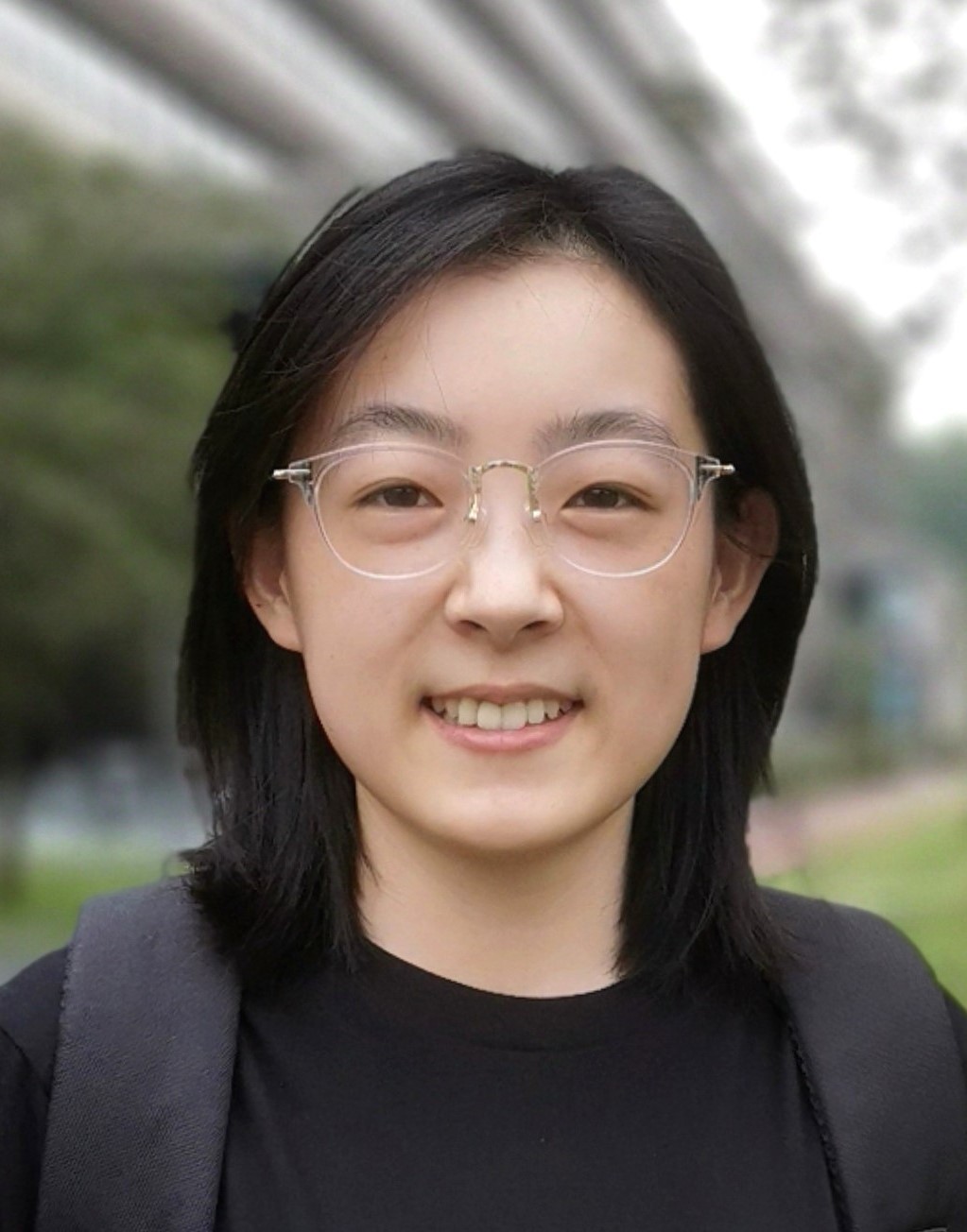
Research Topic:
Efficient and safe use of road space in cities is crucial for reducing congestion and improving mobility. However, vehicle movement in urban areas involves intricate two-dimensional interaction, which are not sufficiently accounted for in current traffic models yet. As such, my PhD research is investigating how humans communicate with and react to each other while driving in cities, and furthering our understanding of human perception and use of road space. Ultimately, the aim of my research is to answer how we can improve the coordination of vehicles in urban traffic to achieve more efficient and safe use of the shared road space. This will help enhance traffic safety, promote efficiency, and gain more understanding of human driving behaviour.
Background and interests:
My research interests are in interactive behaviour and collective intelligence, with a current focus on urban mobility. Prior to joining TU Delft, I obtained my Bachelor’s degree in Industrial Engineering from Northeastern University (CN) in 2018 and Master’s degree in Management Science and Engineering from Harbin Institute of Technology in 2020. In my spare time, I enjoy painting, reading, and paper folding.
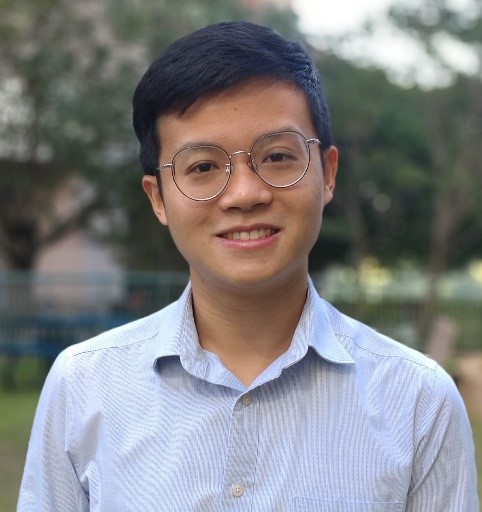
Research topic:
Transit Oriented Development (“TOD”) is often hailed as a planning approach that enables dense, diverse, walkable and sustainable urban communities. However, recent experience and research have revealed challenges and drawbacks that damage social justice, such as gentrification, loss of affordable housing and domination of certain stakeholders. In my PhD project, I aim to analyse social justice within TODs comprehensively. Stating with building an analytical framework from relevant theories, I plan to examine the subject from both the supply-side (the government, planners, developers) and demand-side (the residents in a TOD), tentatively comparing between Hong Kong and the Netherlands. Through my research, I hope to shed light on how we may build socially just TODs for all.
Background and interests:
Born, grew up and studied in Hong Kong, I worked in the public sector and completed my Master’s in transport policy and planning before pursuing a PhD in the Netherlands. I enjoy cooking, baking and watercolour painting. If time permits, I also enjoy some (light) gardening and woodworking.
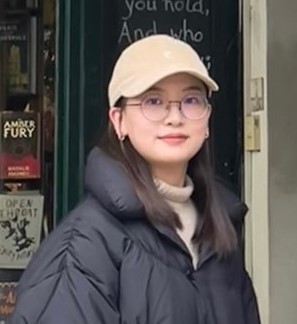
Research topic:
Greenhouse gases (GHGs) emissions have been on the substantial rise in the last few decades. Transport of passengers and goods are responsible for a substantial share of these emissions and creates a large environmental footprint. Crowdsourced parcel delivery (CPD), in particular, has been put forward in research and practice, as a service-based solution which can benefit multiple stakeholders and potentially reduce Vehicle Kilometers Traveled (VKT) and emission. This study aims at understanding the willingness of passengers to be crowdsourced carriers based on their socio-demographics, travel characteristics, parcel characteristics, and attitudes. Varying factors influencing their decision-making process will be investigated as well.
Background and interest:
I am born and raised in Southern China. After receiving my bachelor’s degree in transport engineering, I began my master’s study about transport planning and policy, which is more about social science. Then, I have more interests to incorporate different elements into transport research, including psychology, economic behaviour, and marketing etc. Generally, I love watching movies and reading books. Over years, Karwei Wong is always my favorite director. Recently, I got to read books about existential fashion stated by Sartre. It is a challenging read, but he says something within me.
© 2020 Research School TRAIL
